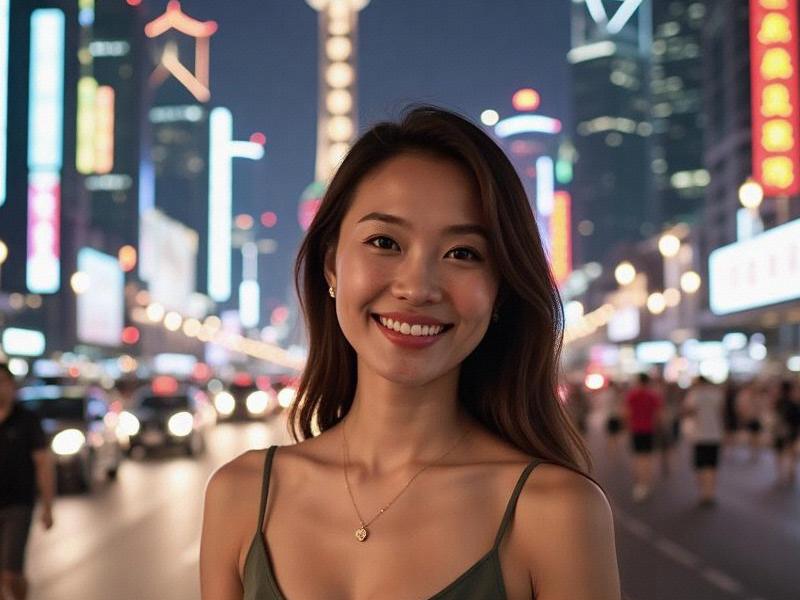
The neon lights of Shanghai's Bund district illuminate a hidden world of exclusivity after dark, where velvet ropes separate ordinary passersby from the city's most luxurious entertainment clubs. These establishments - part social club, part performance venue, part business hub - represent the cutting edge of China's nightlife economy, generating an estimated ¥15.8 billion annually.
"Shanghai's club scene has evolved far beyond simple drinking establishments," explains hospitality analyst Michael Chen. "They've become multidimensional entertainment complexes catering to China's new elite." Recent industry surveys reveal:
• 38% year-over-year growth in premium club revenue
• Average VIP table spend: ¥18,000-¥50,000 per night
新夜上海论坛 • 62% of patrons are business executives entertaining clients
• 78% incorporate live performances or cultural elements
The architecture alone speaks volumes. New venues like Dragon Phoenix Club combine traditional Shanghai Art Deco elements with futuristic lighting systems. Their "floating" VIP rooms suspended over dance floors by steel cables have become Instagram sensations. "We're selling experiences, not just alcohol," says owner Vivian Zhang.
夜上海最新论坛 Entertainment has grown increasingly sophisticated. Gone are the days of simple DJ sets - top clubs now feature Cirque du Soleil-style acrobatics, holographic performances, and even AI-powered interactive art installations. Cloud Nine Club's recent "Digital Dynasty" show blended Peking opera with 3D projection mapping, attracting cultural tourists alongside regular club-goers.
The business model has adapted to regulatory changes. Following China's crackdown on certain nightlife practices, clubs have rebranded as "membership-based cultural entertainment spaces." Membership fees (¥50,000-¥200,000 annually) now account for 45% of revenue at elite venues. "We're cultivating communities, not just customers," notes membership director James Wang.
Service standards rival five-star hotels. Staff undergo months of training in mixology, etiquette, and even basic psychology. "Reading a guest's mood is as important as making their drink," says head bartender Leo Li at Bar Rouge. Some clubs employ "experience curators" who memorize hundreds of regulars' preferences down to favorite song tempos.
上海花千坊爱上海 The clientele reflects Shanghai's international character. While 65% are Chinese business elites, expatriates and tourists comprise growing segments. Clubs like M1NT attract a global jet-set crowd with their hybrid East-West programming - think champagne tastings paired with traditional tea ceremonies.
Looking ahead, industry leaders predict further diversification. Several clubs are adding daytime business facilities, transforming into full-service lifestyle hubs. "The future is about creating 24/7 environments where deals get made both in boardrooms and on dance floors," says nightlife entrepreneur David Lin.
As Shanghai cements its position as Asia's premier global city, its entertainment clubs serve as both playgrounds and power centers for the new elite - spaces where business, culture and leisure intersect under the glow of the city's ever-changing skyline.
